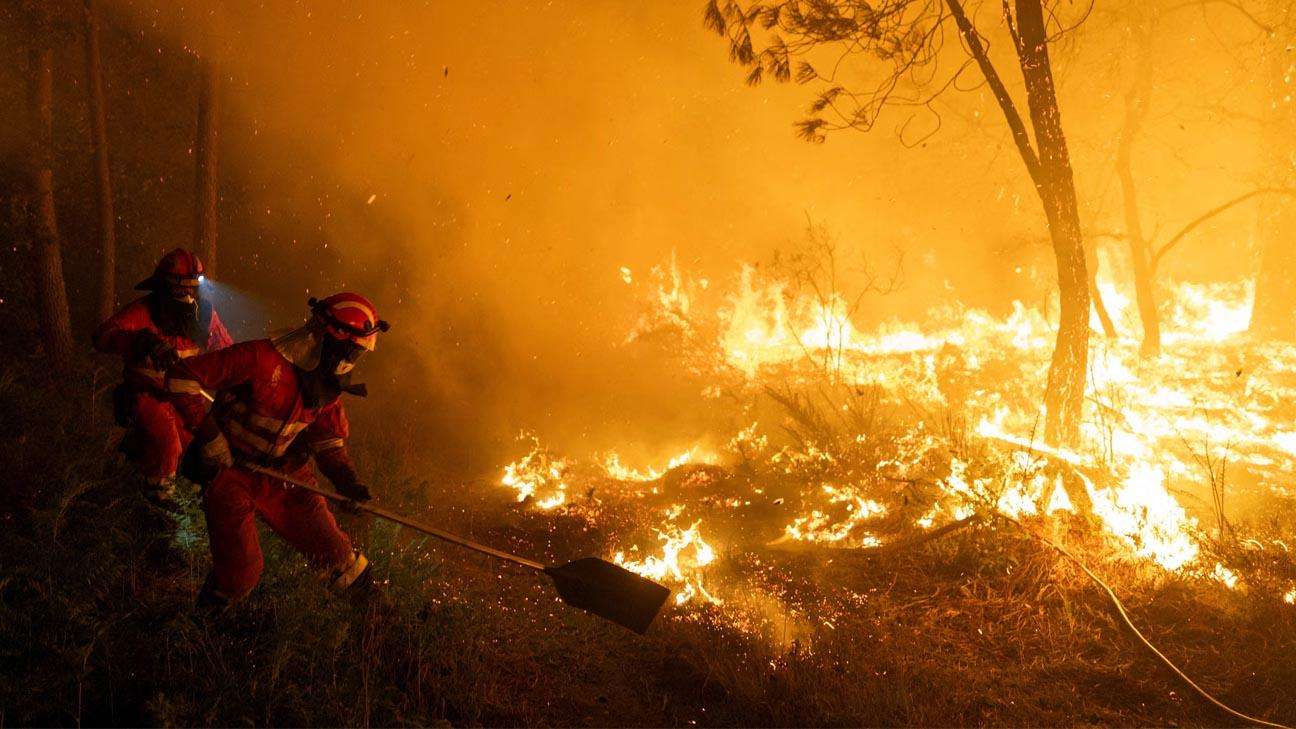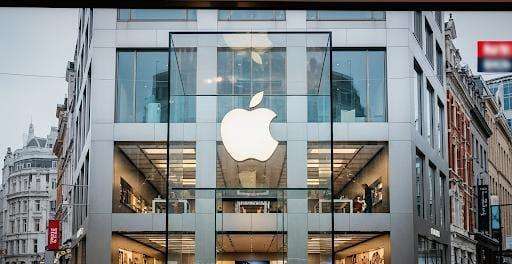Britain has blocked the launch of Tesla’s self-driving software, restricting key features and adding to tensions with Elon Musk.
Documents obtained by The Telegraph reveal that the Department for Transport (DfT) has hindered efforts to approve advanced driver assistance systems across Europe. Tesla’s Full Self-Driving (FSD) software is at the forefront of the automotive industry’s shift toward automation.
Musk sees autonomous driving as Tesla’s next major growth area amid declining sales and political backlash over his support for Donald Trump. He has stated that self-driving technology will be the company’s primary value driver. Tesla shares have dropped nearly a third this year as the company struggles in key markets.
Tesla’s top European lobbyist, Marc Van Impe, left the company for SpaceX in October, criticizing the slow approval process, which could delay FSD’s European launch until 2028.
Minutes from the United Nations Economic Commission for Europe (UNECE), which sets international vehicle safety rules, show that DfT officials expressed concerns over approving extensive driver assistance features.
The initial proposal would have allowed cars to execute lane changes, turn at junctions, and stop at traffic lights with no driver intervention. However, the UK successfully pushed for restrictions, limiting the systems to highway lane switching while requiring drivers to keep their hands on the wheel.
In September, UK officials argued that system-initiated manoeuvres introduce “unknown risks.” While such systems may reduce accidents, they could also create new safety concerns. They suggested a phased introduction instead.
In January, the UK, Norway, Sweden, and the Netherlands called for more safety data, citing concerns about how the technology affects driver awareness and overall road safety.
As a result, only a limited version of FSD is expected to be available in the UK and Europe in the near future.
Tesla has marketed “full self-driving capability” as a premium upgrade since 2016, charging £6,800 in the UK, though the feature remains non-functional. The company initially aimed for a European rollout in early 2025, but Musk recently admitted that timeline is unlikely.
“Europe is a layer cake of regulations and bureaucracy that needs fixing,” he told investors in January, adding that he was unsure whether Tesla would secure approval this year.
Tesla could seek an exemption, as Ford did in 2023 to allow Mustang Mach-E drivers to go hands-free on UK motorways.
Meanwhile, thousands of drivers in the US are already using FSD, and Musk hopes to make Tesla cars fully autonomous this year, paving the way for a robotaxi business.
In 2023, he introduced a “cybercab” concept without pedals, a steering wheel, or mirrors, which Tesla aims to produce by 2027.
Although Tesla markets its system as “Full Self-Driving,” technologies like FSD are legally distinct from true self-driving systems. In fully autonomous vehicles, liability would shift from the driver to the company responsible for the technology.
A spokesperson for the Department for Transport (DfT) stated: “The UK has some of the safest roads in the world. With human error contributing to 88% of recorded road accidents, advanced driver assistance technology could play a key role in reducing crashes and saving lives.
“Road safety remains our top priority, which is why we are working closely with other nations to ensure these technologies are safe. At the same time, we are committed to harnessing autonomous vehicle advancements to drive job creation, economic growth, and support our Plan for Change.”
.jpg)
_1.jpg)
_1.jpg)





.svg)



.jpg)